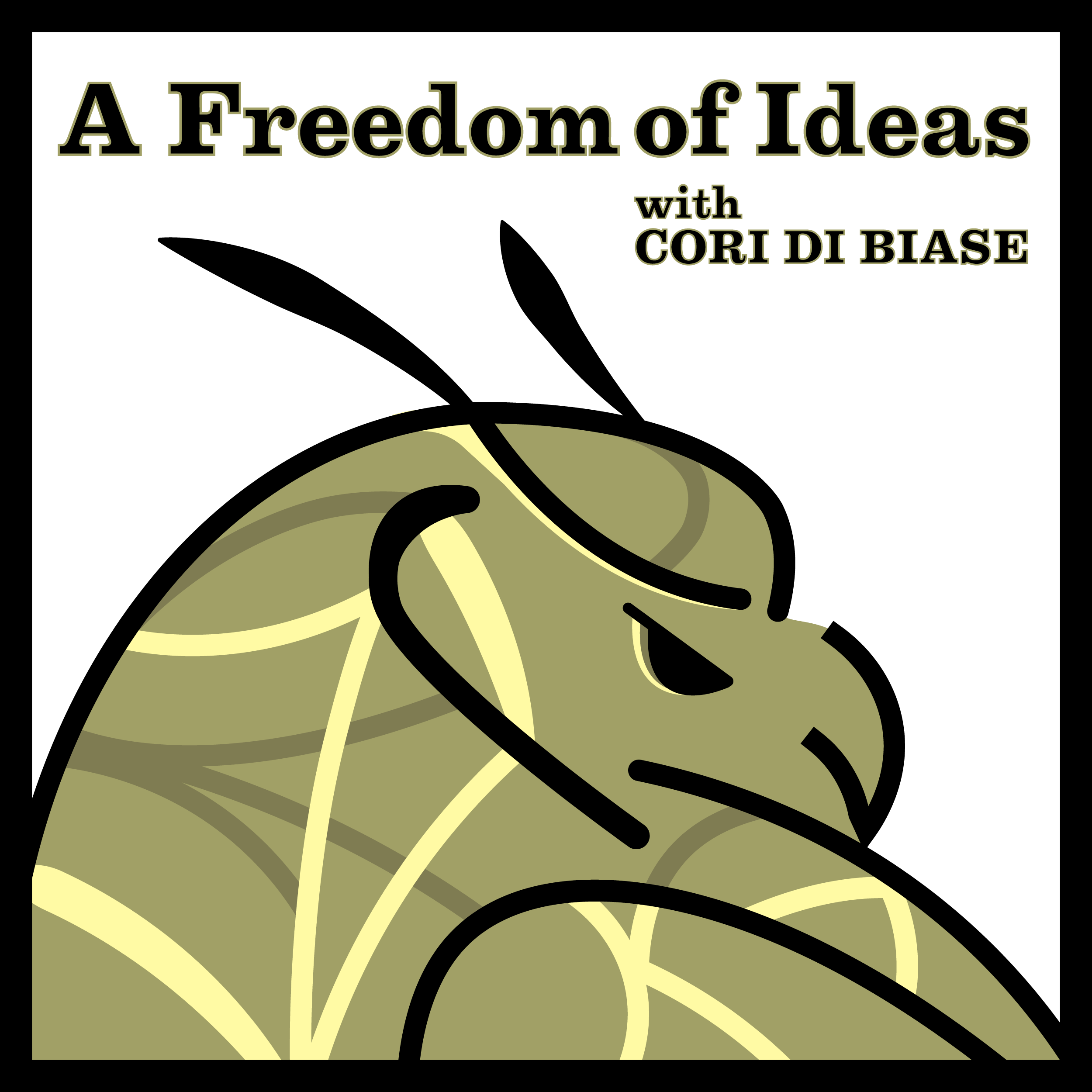Free Will (or Not?), Part 5: Wilder Penfield’s Electrifying Method
Today we’ll look at Wilder Penfield’s ground-breaking work and research in neuroscience, and what it can teach us about the mind.
After a career spent exploring the brain, Penfield concluded that the brain, alone, was not sufficient to create the mind. But is this a consequence of Penfield’s work in the “hard sciences” – the objective outcomes of his direct experiments? Or is Penfield re-telling a story of mind that has been passed down to us from prevailing religious traditions and assumptions from Medieval Europe and before?
This is the first part of a two-part series, providing background on Penfield’s methodology and conclusions.
***SEASON ONE READINGS AND SOURCES***
A Philosophical Essay on Probabilities, by Pierre-Simon Laplace
Consciousness Explained, by Daniel C. Dennett (Paul Weiner, Illustrator)
Elbow Room: The Varieties of Free Will Worth Wanting, by Daniel C. Dennett
Freedom Evolves, by Daniel C. Dennett
Meditations on First Philosophy, by René Descartes
Mystery of the Mind: A Critical Study of Consciousness and the Human Brain, by Wilder Penfield
Subjectivity, Realism, and Postmodernism: The Recovery of the World in Recent Philosophy, by Frank B. Farrell
Copyright 2026 Cori Di Biase

